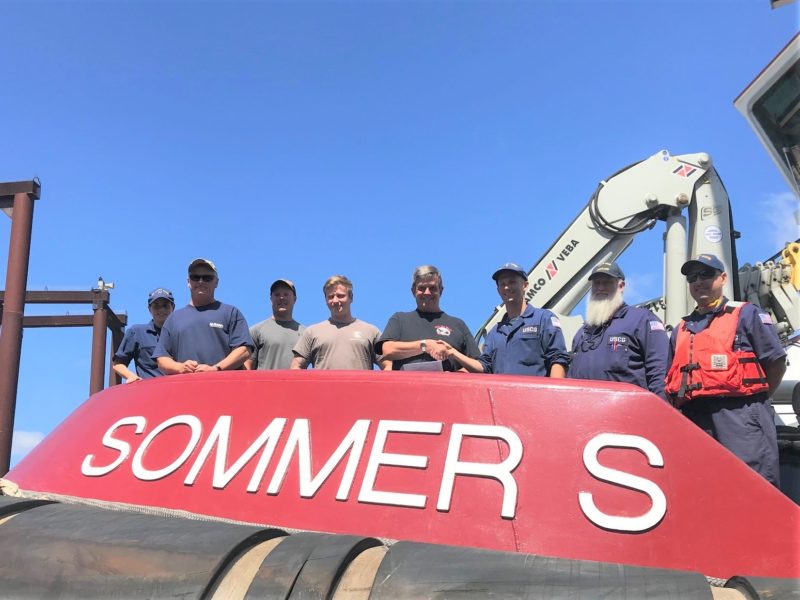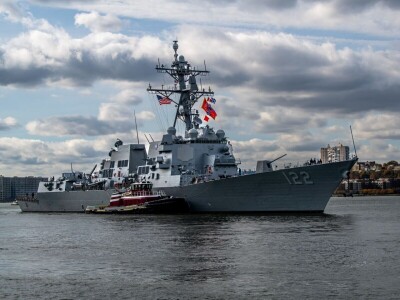The Coast Guard recently released the Merchant Mariner Medical Manual that it expects will result in less subjective and more efficient medical evaluations that are so crucial to mariners’ jobs.
The final version comes after several years’ work clarifying and consolidating guidance from a variety of documents. Consequently, the Coast Guard said, it does not expect the manual to result in higher rates of disqualification or increased processing time for applications.
The manual is “a positive step forward that allows operators and mariners to better understand the medical evaluation process,” the American Waterways Operators (AWO) said. “That transparency will hopefully lead to increased efficiency in applying for, and obtaining, medical certificates.”
In addition, AWO said, the Coast Guard “clearly states that the manual does not impose any new reporting requirements on employers and the manual has incorporated feedback obtained from industry advisory committees.”
Both AWO and the Passenger Vessel Association (PVA) had questions about new certificate cancellation procedures if a mariner is no longer fit, and AWO said the Coast Guard has worked to address its concerns. The trade groups also said they were still reviewing the manual’s details.
Among the document’s major changes: the Coast Guard will no longer require medical certificates for entry-level mariners on vessels not subject to STCW who do not serve as food handlers; and the addition of detailed rules for the National Maritime Center to deal with a number of regularly recurring situations.
The Coast Guard deviated from its normal practice and responded in the Federal Register Monday to comments made about the draft version of the manual to clear up “remaining areas of confusion and concern amongst the regulated community.” (https://www.govinfo.gov/content/pkg/FR-2019-09-09/html/2019-19370.htm)
In addition to the cancellation policy, those areas included issues such as fitness for credentials versus fitness for duty.
Fitness for certification is a “snapshot of the mariner's medical and physical condition at a single point in time,” the Coast Guard said. Fitness for duty is determined by an employer and “can change suddenly due to an acute illness, injury or incident.” Operators can establish more rigorous medical or physical ability guidelines, but additional laws and regulations apply.
The manual also mentions the long-awaited Designated Medical Examiner (DME) program designed to speed medical reviews. Mariners would have a choice of using a DME, a Coast Guard-certified local doctor, or the current system – their personal doctor whose report is reviewed by the Coast Guard.
The Coast Guard acknowledged significant interest in the program and said it would publish additional information “as and when appropriate.”
The agency also said it would consider for a future version of the manual a suggestion that the medical exam include an evaluation of a mariner’s dental health to make sure no untreated infections or other problems could be troublesome while at sea.





